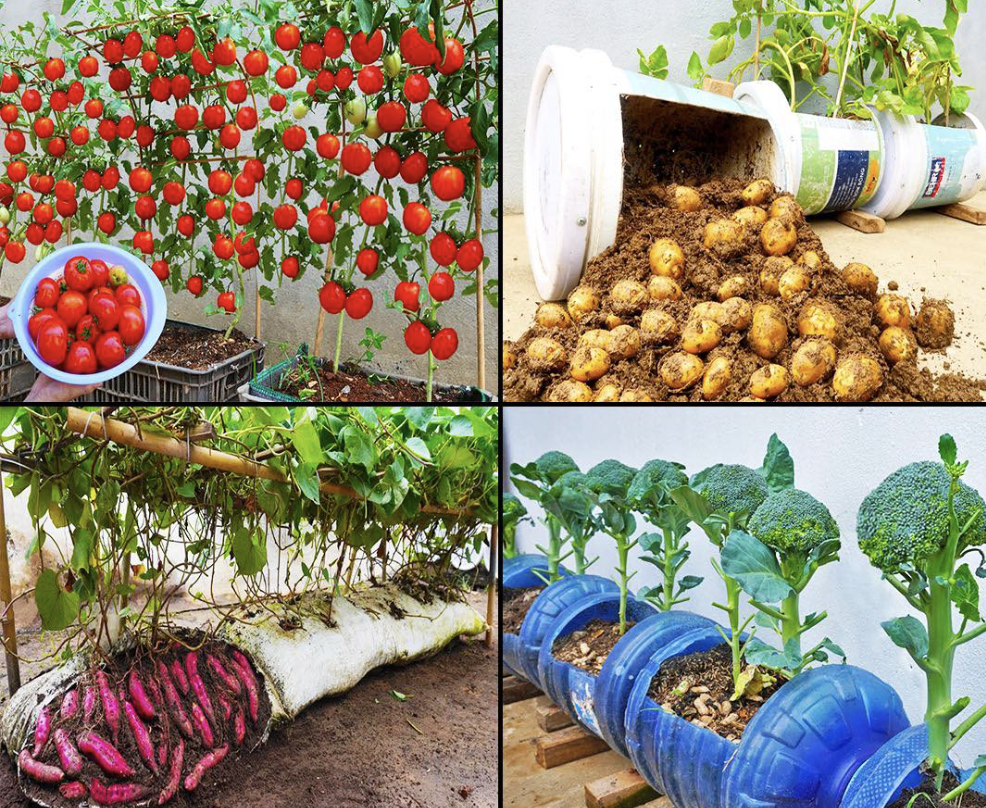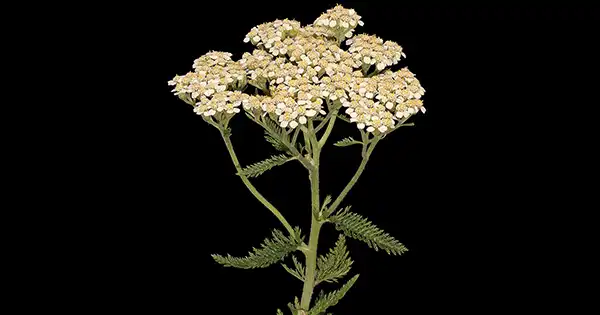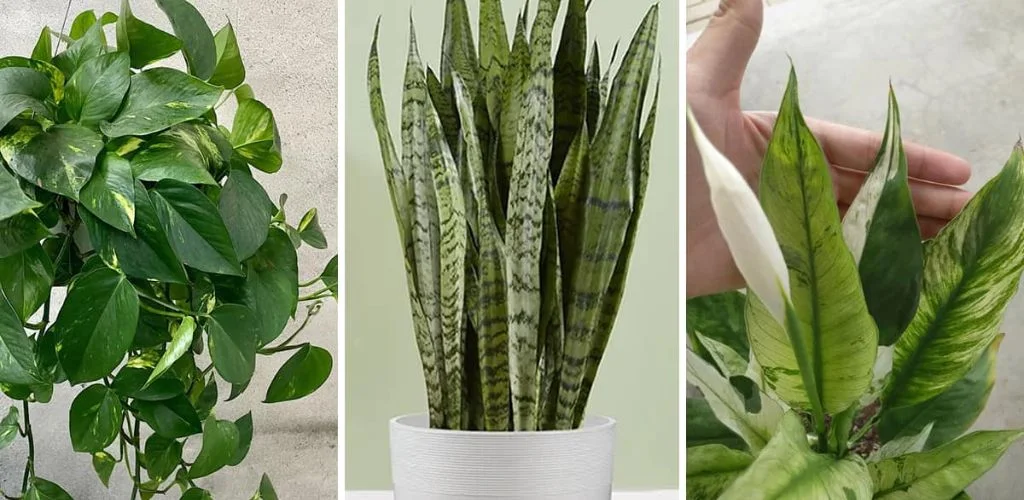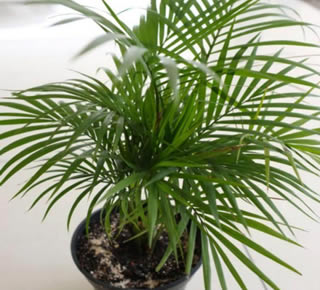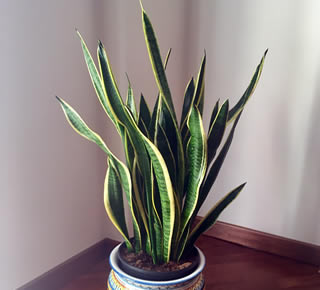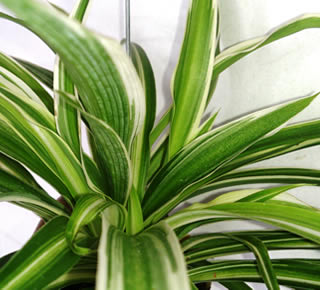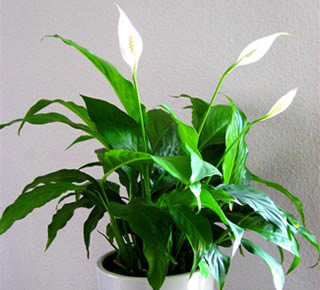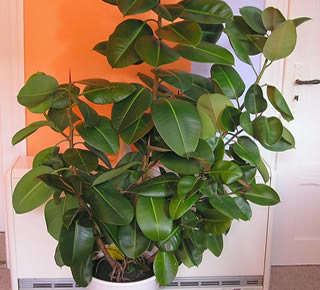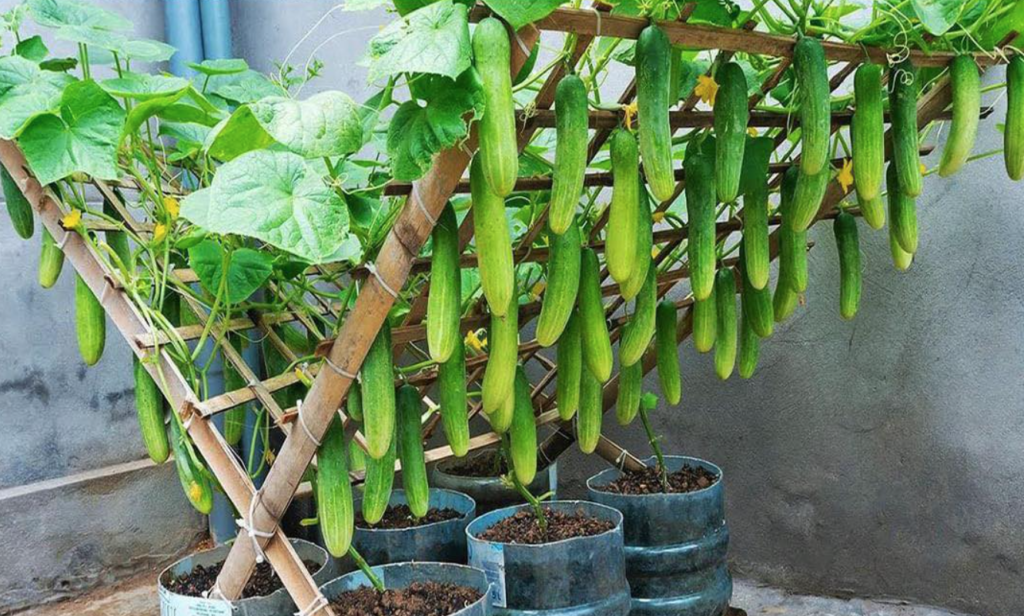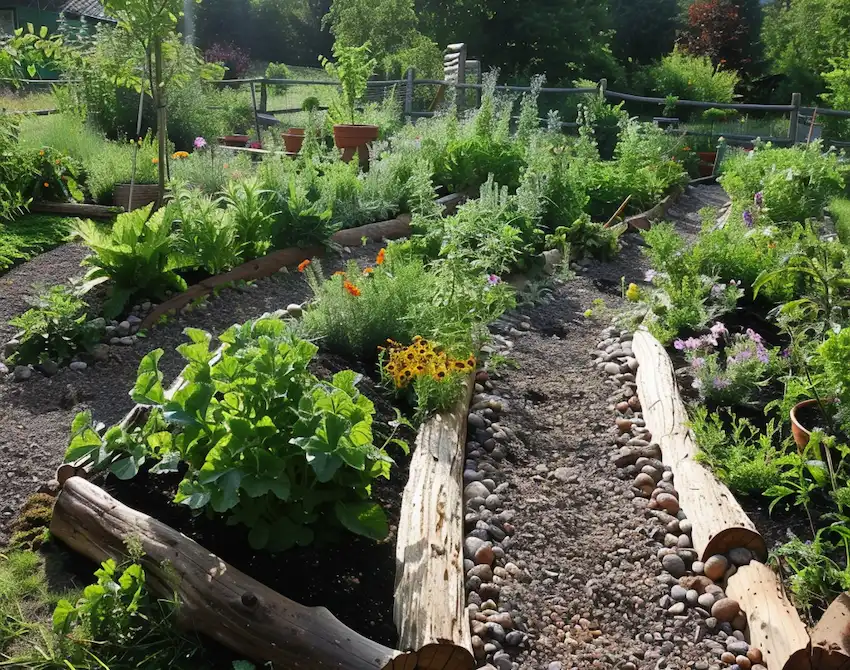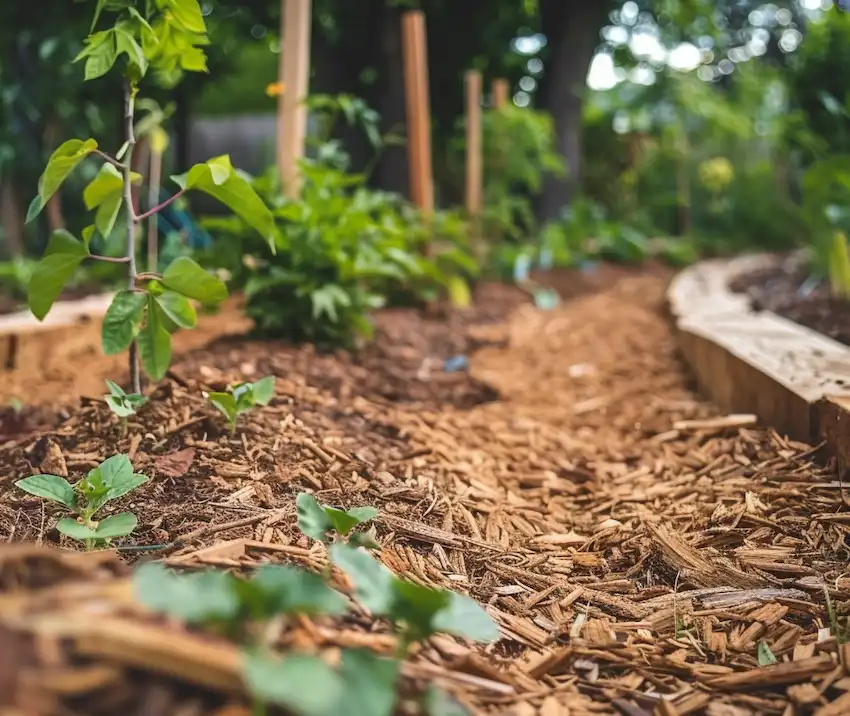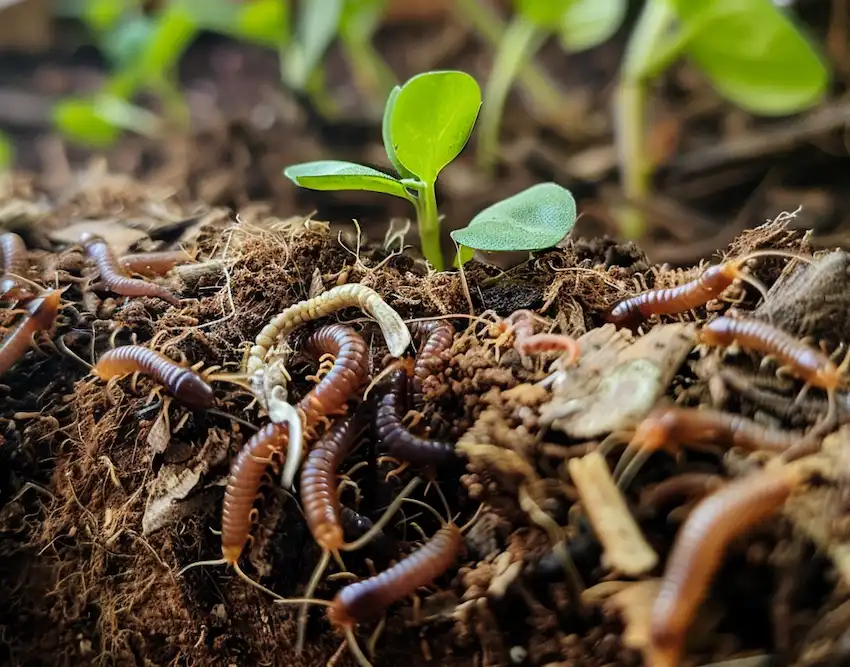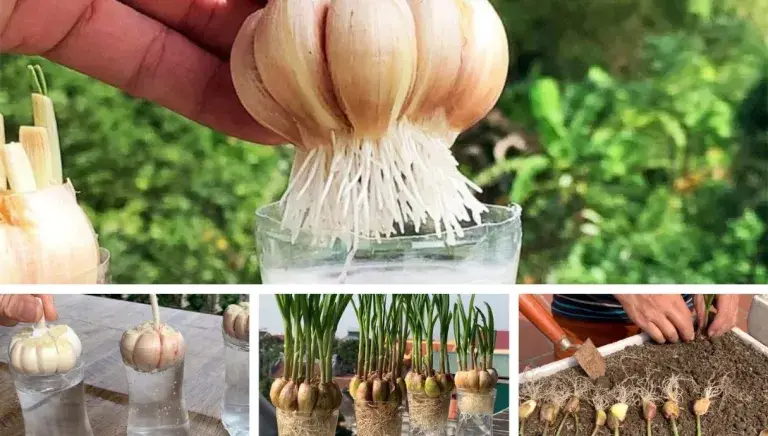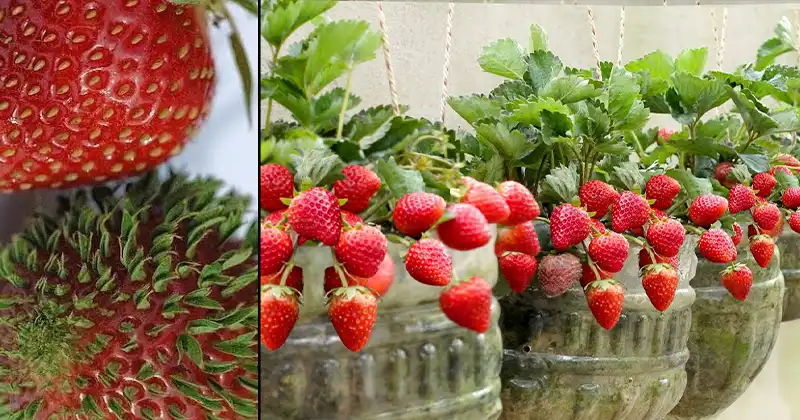As the winter chill fades away, the promise of spring brings forth a wealth of gardening opportunities. Whether you’re a seasoned green thumb or a novice gardener, now is the time to plan and plant your garden for a vibrant season ahead. This guide will walk you through various vegetables to cultivate, ensuring your garden thrives with color, flavor, and life.
Rooted in Tradition: Quintessential Vegetables
Potatoes and Sweet Potatoes: Versatile staples in gardens worldwide, potatoes and sweet potatoes thrive in various environments, offering hearty yields.
Carrots, Beets, Parsnips, and Radishes: These underground gems are cold-hardy and perfect for early spring planting, promising a bounty of vibrant veggies.
Leafy Greens and Brassicas: Lettuce, Chard, and More
Lettuce: A fast-growing crop with diverse varieties suitable for interplanting, maximizing garden yield.
Chard: A visually stunning and resilient vegetable ideal for smaller garden spaces.
Brassicas: Broccoli, cauliflower, kale, and cabbage, known for their cold resilience, are excellent for interplanting.
The Climbers and Crawlers: Beans, Squashes, and Tomatoes
Beans: Prolific producers adaptable to various spaces, whether bush or runner types.
Summer Squash and Zucchini: Easy-to-grow vegetables yielding abundant harvests, with pest protection strategies.
Tomatoes: Unmatched in flavor, tomatoes come in countless varieties catering to every gardener’s preference.
Flourishing Flora: Sunflowers and Companion Plants
Sunflowers: Towering beauties that attract pollinators and beneficial insects.
Marigolds and Nasturtiums: Beyond aesthetics, these flowers deter pests and act as trap crops.
Culinary Herbs: Basil and Dill
Basil: Indispensable for its culinary versatility, slow-bolting varieties like ‘Everleaf Emerald Towers’ are recommended.
Dill: Besides culinary uses, dill attracts beneficial insects and serves as a host plant for butterfly larvae.
Exotic Additions: Turmeric and Ginger
Turmeric and Ginger: Intriguing choices for exotic flair, requiring a warm growing season and suitable for container gardening.
Conclusion
As you immerse yourself in your garden this spring, remember that each plant nurtured contributes to a greener, more sustainable world. Whether it’s a humble potato or a majestic sunflower, each plays a vital role in your garden’s tapestry. So, put on your gardening gloves and embark on a season of growth, bounty, and beauty. Happy gardening!
